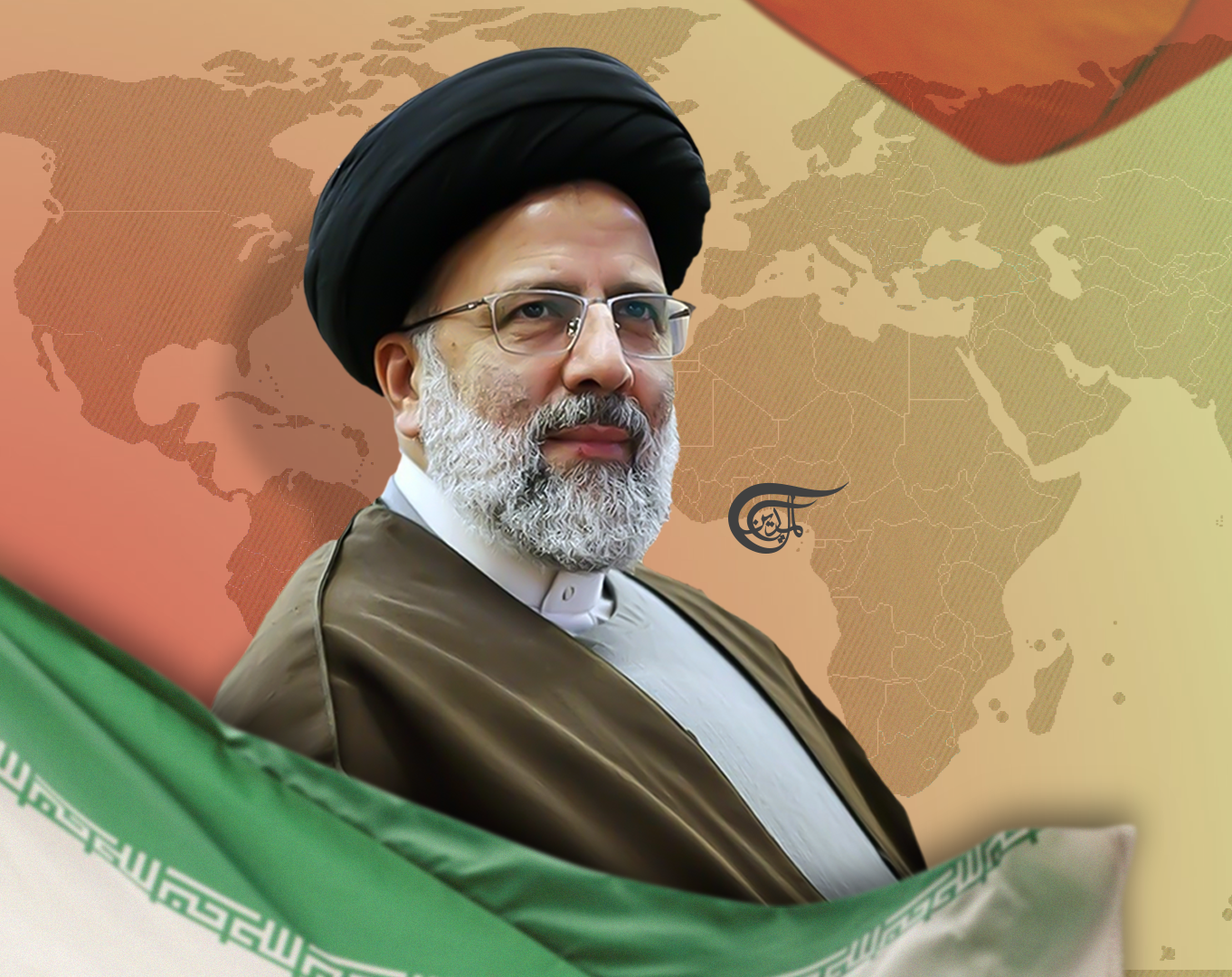President Raisi and the Continued Expectations of Appeasement in the ‘West’
Western analysts and pseudo-experts often confuse their own wishful thinking and Orientalist expectations with reality.
Accountability, among western and western based “experts” of West Asia and North Africa, is quite rare if not non-existent. Books, articles, academic papers, and reports on contemporary issues, historical context, and future trends are churned out at a phenomenal rate, yet very little of it seems to age well. Arthur Hugh Clough, the 19th Century British poet, once said, “Youths green and happy in first love/so thankful for illusion.” Yet, it seems that for most of these middle aged “Middle East” specialists, the passage of time and experience do little to lessen their illusions.
The Hegelian notion of “end of history” weighs heavily on almost all examinations and investigations concerning this part of the ‘Orient’. Of course, one can also find strong parallels with western knowledge acquired from other parts of the world. The interaction of this dominant western worldview - reinforced by its reservoir of latent “knowledge” - with contemporary western expert analyses, results in the almost unavoidable conclusion that all ideologies and forces beyond the realm of “western civilization” are transient and therefore doomed to failure.
Gazing at the region through their artificial prisms, the inevitability of Iran’s ultimate submission and that of the Resistance Front seems evident. According to the Eurocentric assumptions of most western analysts, the Islamic Republic of Iran cannot design a successful and sustainable model of Resistance, let alone governance, due to what they deem to be its primitive and backward (non-western) roots. Hence, despite Iran’s growing influence amid western sanctions, sabotage, terrorism, and war, the western consensus continues to be what it has been for over four decades. Iran is deemed to be fragile and perhaps (hopefully for the West) on the brink of collapse.
During this period, every change of government in Iran has been met with a similar response. After the demise of Imam Khomeini in 1989, the consensus stipulated that Iran was on the verge of radical change and the Islamic Republic would no longer continue to exist in its current form. The election of former President Khatami in 1997 was interpreted as the result of the “regime’s” unpopularity, while the election of former President Ahmadinejad was deemed as the “hostile public’s response to clerical rule and corruption”. This perpetual derision, wishful thinking, and intellectual contempt continue to cloud western-based analyses on Iran today.
After Trump’s rise to power and his exit from the nuclear deal, he reinstated Obama’s maximum pressure sanctions targeting Iranian citizens with even greater ruthlessness. Once again, western establishment analysts overwhelmingly predicted that Iran would inevitably yield to US and western pressure and accept unreasonable and humiliating changes to the agreed-upon JCPOA. No matter how often Iranians explained that appeasement is unacceptable and Iran will not accept any changes to the nuclear deal, even anti-Trump analysts continued to repeat that this was unavoidable.
Partially due to their naive and optimistic approach towards the US and its allies, and partially due to the painful results of their liberal economic reforms, for most Iranians, Rouhani and his Reformist allies gradually became deeply unpopular. This coincided with Seyed Ebrahim Raisi’s rise in opinion polls. He was seen as a very clean anti-corruption figure who advocated greater social justice and who was also uncompromising on issues of national sovereignty. His message to western regimes was that Iran will accept the implementation of the nuclear deal, only if the US and its European allies fully abide by their commitment.
Here again, western analysts and pseudo-experts confused their own wishful thinking and Orientalist expectations with reality. They claimed that “the Iranian political establishment blocked President Rouhani’s attempts to revive the nuclear deal by appeasing western governments with new concessions, so that a “Principalist” could come to power and instead appease western powers himself by undermining the country’s core principles on sovereignty”.
This bizarre, yet mainstream, western analysis reveals that western countries continue to misunderstand the Islamic Republic of Iran based upon their Hegelian-influenced worldview. Unless there is a sea-change in western mentality, this will lead to further miscalculation and conflict with Iran and its allies. Contrary to their extraordinary expectations, President Raisi has no plan to appease western governments, and if Iran’s antagonists are keen to play a game of chicken based upon this flawed analysis, it will definitely not end well for them.

 Seyed Mohammad Marandi
Seyed Mohammad Marandi
 4 Min Read
4 Min Read












